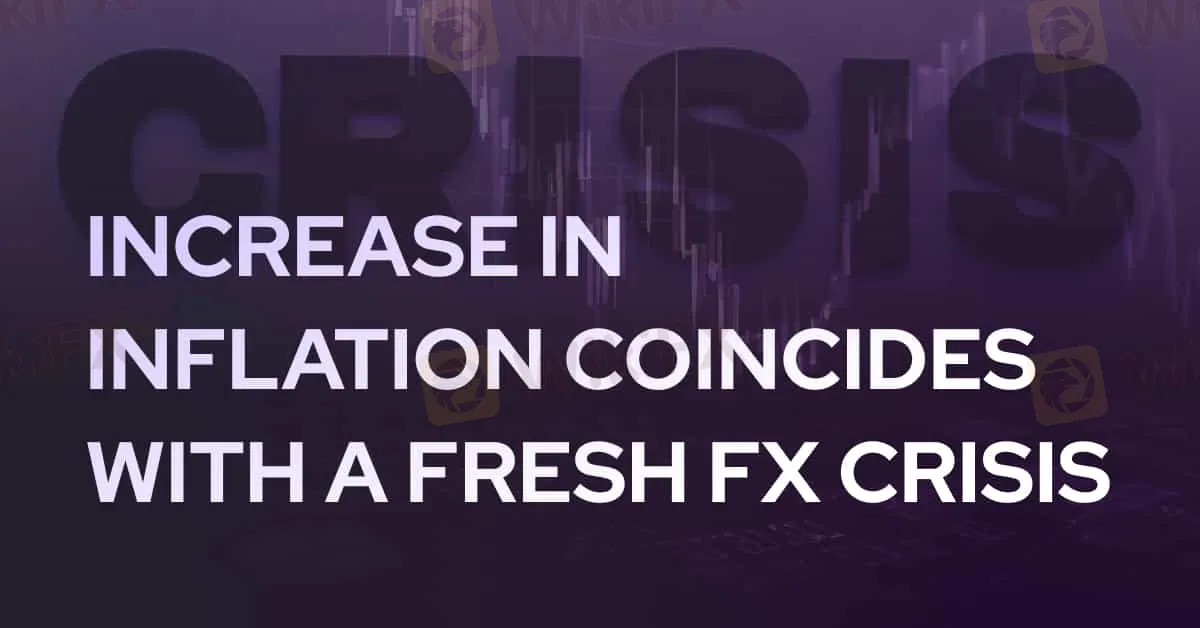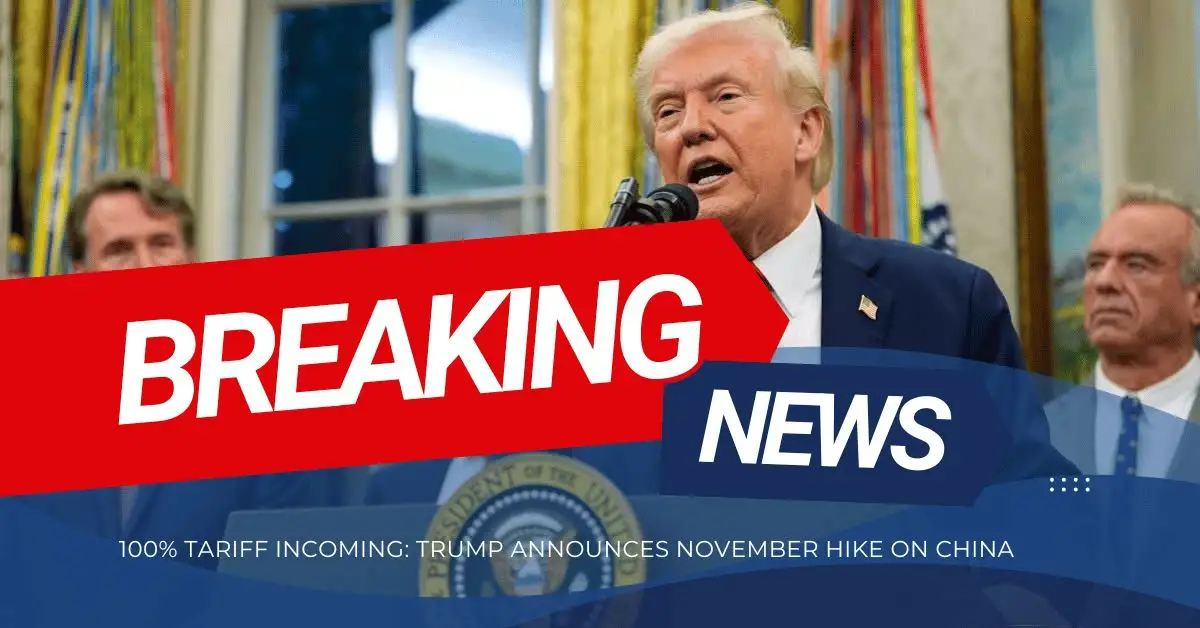Abstract:According to Cordros Capital Research, there are signs that the influence of the harvest season may cause food prices to moderate in October.

· At NAFEM, the naira depreciates by 5.4% to N808.27/$.
· Banking stock gains increase market turnover by N24b
According to Cordros Capital Research, there are signs that the influence of the harvest season may cause food prices to moderate in October.
We blame the increased prices in September on the combined effects of the loss of the PMS subsidy, persistent currency pressures, and higher petrol and diesel costs.
Same time, a reduction in the inflation. The non-food basket (+56bps to 22.1% y/y) is still being squeezed. A break in the inflation outside of food. In October, the headline was 1.9% overall, it continued.
Nigerian Autonomous Foreign Exchange Market (NAFEM), the naira depreciated by 5.4% to N808.27/$, and the market's total turnover fell by 50.6% Week to Date (WTD) to $348.91 million as transactions took place in the N700-N1,000/$ range as of October 19, 2023.
The naira rates depreciated across all forward contracts, including those for three months (-2%) to 824.2 dollars, six months (-1.7%) to 852.67 dollars, and one year (-2.2%) to N919.65 dollars.
Given that the CBN unbanned importers of all 43 commodities from the NAFEM in 2015, according to Cordros Capital, the official market's still much lower than expected.
In order to fulfill their FX requirements, importers have returned to the parallel market. The incentives to keep the naira less and less per day, along with panic purchasing brought on by the anticipation of increased currency.
Because of this, it continued, “we expect to linger in the short term, FX inflows or convincing action by the policymakers to turn the tide.”
For the week ending October 20, 2023, the FMDQ Foreign Exchange (FX) Spot and Derivatives turnover was $430.08 million, down 37.1 percent ($253.89 million) from the $683.97 million reported for the week ending October 13, 2023, that despite a 1,221.9% ($12.83 million) gain in FX Derivatives turnover, the week-over-week (w/w) fall in overall turnover was caused by a decline of 39.06% ($266.72 million) in FX Sport turnover.
According to the report, the 1,221.9% ($12.83 million) rise in FX forward turnover was the w/w increase in FX derivatives turnover; that was the exchange-traded FX futures market.
The overall value of transactions in the FX spot market for the week ending October 20, 2023 was $416.2 million, a fall of 39.06% ($266.72 million) from the value of transactions carried out in the week ending October 13, 2023 ($682.92 million).
For the week ending October 20, 2023, no transactions were made in the markets, deliverable forwards and exchange-traded FX futures.
The average Nigerian Autonomous Foreign Exchange this week ending October 20, 2023, was $/784.32 compared to $/772.92 for the week ending October 13, 2023, reflecting a 1.45% ($11.4) devaluation of the Naira against the dollar.
Heavy trading in the shares of United Bank for Africa Plc, Fidelity Bank Plc, and Access Holdings Plc increased the volume of shares traded on the Nigerian Exchange Limited (NGX), resulting in a total turnover of 1.5 billion shares worth N24. On October 13, 2023, investors transacted a total of 1.4 billion units, worth N24 billion in exchange's trading floor.
The performance of each sector was uneven, with declines in the insurance (-1%) and consumer goods (-0.5%) and industrial goods (-0.1%) indices offset by gains in the banking (+3.5%) and oil and gas (flat) indices.
With 1 billion shares worth N12.7 billion moved in financial services sector dominated(measured by volume), accounting for 69.9 of the total stock turnover. The ICT sector came in second with 94.9 million units selling for N1.4 billion in 1,982 transactions.
The conglomerate's industry came in third with 1,459 transactions totaling 80.6 million shares for N526.4 million.
In particular, trading in the top three stocks—United Bank for Africa, Fidelity Bank, and Access Holdings—accounted for 447.1 million shares worth N6.5 billion in 4,913 trades, or 29.9% of the total volume.
According to the price movement chart, the market ended the week on a negative note due to selloffs in Geregu (-7.2%) and Stanbic (-13.1%), which caused the market capitalization and All-Share Index to decline by 0.42 percent and close the week at 66,915.41 and N36.764 trillion, respectively.
With the exception of NGX CG, NGX Premium, NGX Banking, NGX AFR Bank Value, NGX AFR Div. Yield, NGX MERI Value, and NGX Sovereign Bond, which all increased by 0.47, 0.54, 3.52, 1.82, 3.24, 2.99, and 3.08 percent, respectively, while the NGX ASeM index ended flat.
As a result, the returns for MTD and the year to date (YTD) have moderated to +0.8% and +30.60%, respectively.
Ambrose Omordion, the Chief Research Officer of Investdata Consulting Limited, responded to the market's performance last week by stating that, recent moves by the Central Bank of Nigeria (CBN), which access to FX at the official window, investors should think about investing in real estate-backed stocks like Julius Berger, UPDC Reits, and other businesses where demand is inelastic in nature or price.
He asserts that over years, the industry has been one of the worst-performing asset classes.
Stock markets, commodities, and other markets responded strongly after COVID-19, but REITs and equities backed by real estate underperformed.
However, he emphasized that strategies are being developed to improve lifting.
Global investors and traders, this causes uncertainty in their trading and investment plans since the continued geopolitical conflict will continue to drive market volatility.










